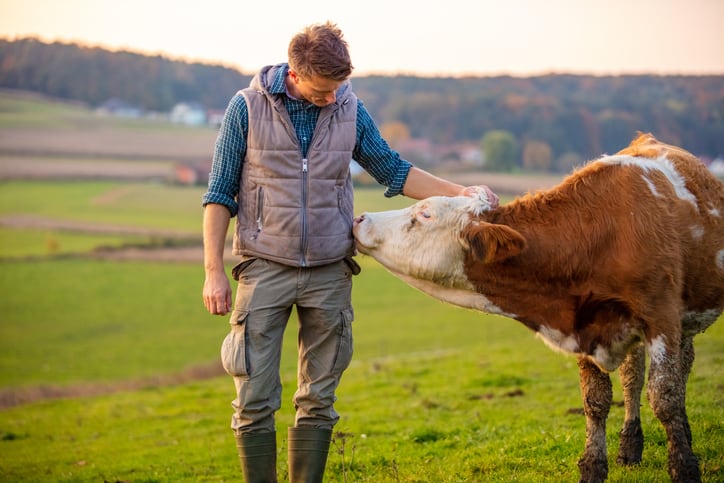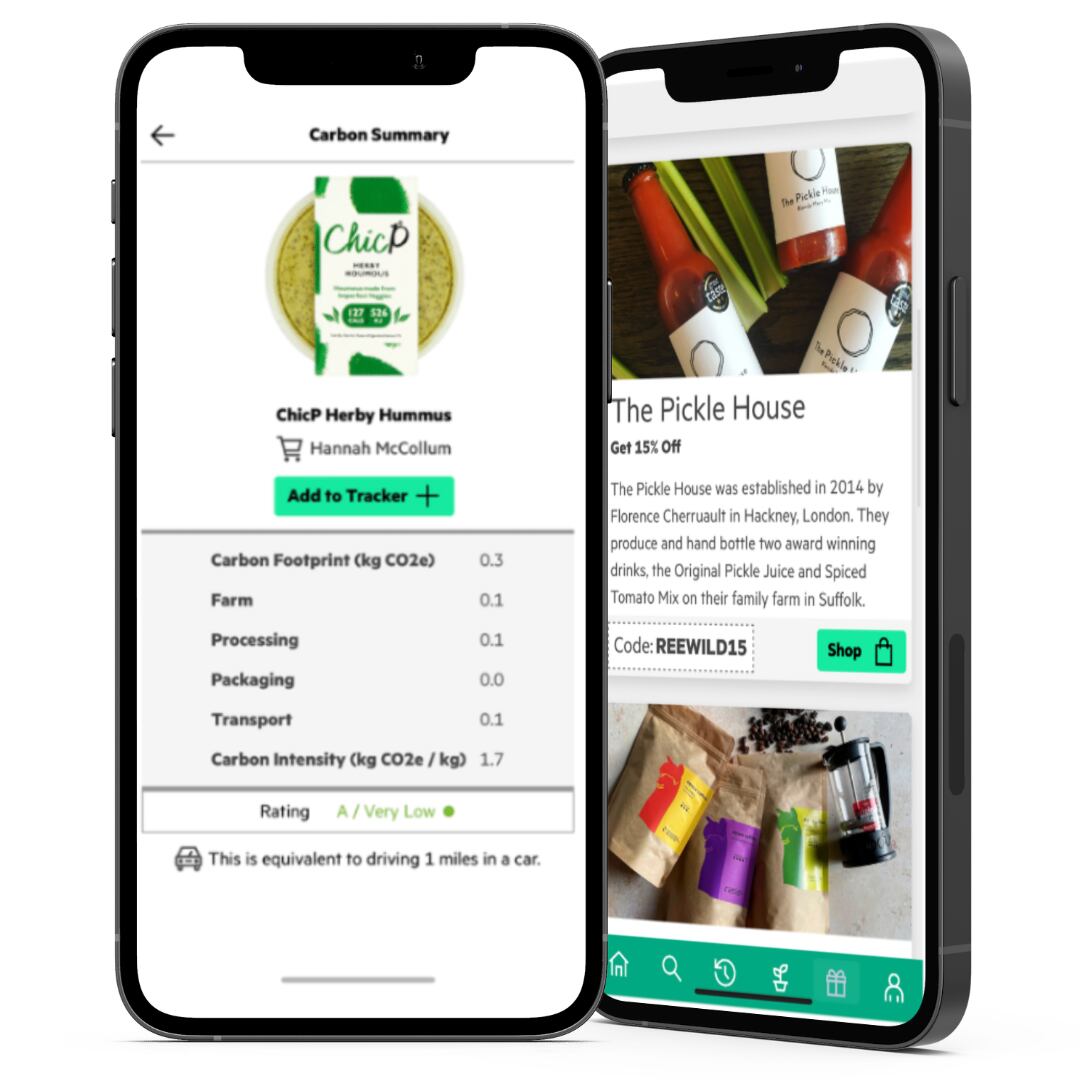With debate on the rise about the potential global environmental benefits of various eco-labelling programmes, the UK’s CLEAR (the Consortium for Labelling for the Environment, Animal welfare, and Regenerative farming) has warned that the use of synthesised global data for eco-labels that does not distinguish between different methods of farming across different countries is potentially damaging for human and planetary health by not reflecting the true environmental and social realities on the ground.
There is rising demand for consumers for more information about the environmental impact of food and beverage products. University of Cambridge research, for example, found that 81% of British people would like to see carbon labelling on food items across the UK. Almost half of all people (48%) say one of the main barriers to adopting a more sustainable lifestyle is a lack of information, according to a Deloitte survey this year.
But in total there are currently around 350 eco-labels globally; a fact that many say is fragmenting the market and ultimately confusing consumers. Experts regularly call for the roll out of one unified eco-label across Europe and individual countries. The French government, for example, is developing an environmental labelling system for food products, as is Denmark, with both expected to be introduced in 2024.
CLEAR is among those calling for mandatory method of production labelling on all foods at all points of sale in the UK. It is not proposing what a label should look like in practice but challenging the data collection – specifically a lack of primary farm-level data which it fears is too limited by not reflecting the ‘true environmental reality on the ground’.
The various schemes out there, for example, feature a vast proliferation of different methodologies. Most are based on lifecycle analysis (LCA) methodology, but this can be sourced from different data sets. CLEAR, like France’s Planet-Score label scheme, is keen to go beyond LCA methodology and address other factors such as pesticide use, climate impact, biodiversity and animal welfare on labels.
“To really reflect what is going on and to make changes in production methods, the differences in the farming methods are crucial and so it is dangerous not to reflect this in the data,” CLEAR chair and livestock farmer Fidelity Weston told FoodNavigator. “The reality is that there is very little primary farm led data available at the moment but that is all the more reason to ensure that it is readily collected and fed into labelling.”
Products could have very different scores if you take the primary farm data over global synthesised data into account, she explained. This issue was illustrated in a recent study which estimated the environmental impact of 57,000 food products in the UK and Ireland. This was the first time a transparent and reproducible method has been developed to assess the environmental impacts of multi-ingredient products, the researchers claimed. But a limitation in this analysis was the fact that for some categories, such as beef, assumptions had to be made about environmental impact owing to the lack of supply chain transparency and traceability.
“Taking a global approach to the data around beef, it cannot distinguish beef that is reared on farms that are using it to build their soils, improve their biodiversity and generally add to the sustainability of the farm production from that which is grown, say in a beef lot, which does not bring those additional and very important benefits,” continued Weston. “This could mean that all types of beef production are discouraged when in fact some are crucial to all those benefits we wish to see from farming.”
The group, she said, therefore believe that “regulations on food labelling should be updated and that information on how our food is farmed and manufactured should be included as mandatory information on food labels”.
A lack of transparency around the current methodology is a ‘big problem,’ added Catherine Chong, ESG Expert and Engagement Lead at the consortium. “There's a lack of primary data which isn't discussed enough by a lot of different initiatives.”
Taking specifically carbon labelling as an example, “there's no problem with just measuring one thing”, she told us. “The problem is how you measure it and does the data reflect the reality of what they were trying to measure and whether that methodology is transparently communicated… broadly speaking, most of the carbon impact labelling iteratives that I can see out there are using global synthesised data that does not differentiate between the different farming methods and definitely does not differentiate between the different geochemical cycles from where the food was produced and manufactured as well as the most importantly the bio diversity reality of the area or country where the food was produced.”
'A very big piece of the missing link'
There are barriers to getting data from farmers on the ground, however, admitted CLEAR Consortium Coordinator Catie Jarman, who called the data a 'a very big piece of the missing link'.
There’s often pushback from farmers, she explained, owing to the time required to collect samples. Jarman, whose background is in soil science and nutrient management, explained there can be up to 17 different soil types to be investigated.
“It's a laborious task for whoever collects this data, whether soil sampler, soil analysts, soil scientist or farmer,” she said. But a problem is the number of different initiatives, bodies and schemes that currently require data, hence CLEAR’s calls for a government-backed one data system on which a holistic mandatory label is developed. “If it's done on a one-off basis going to a centralised system it won’t be so laborious.”




